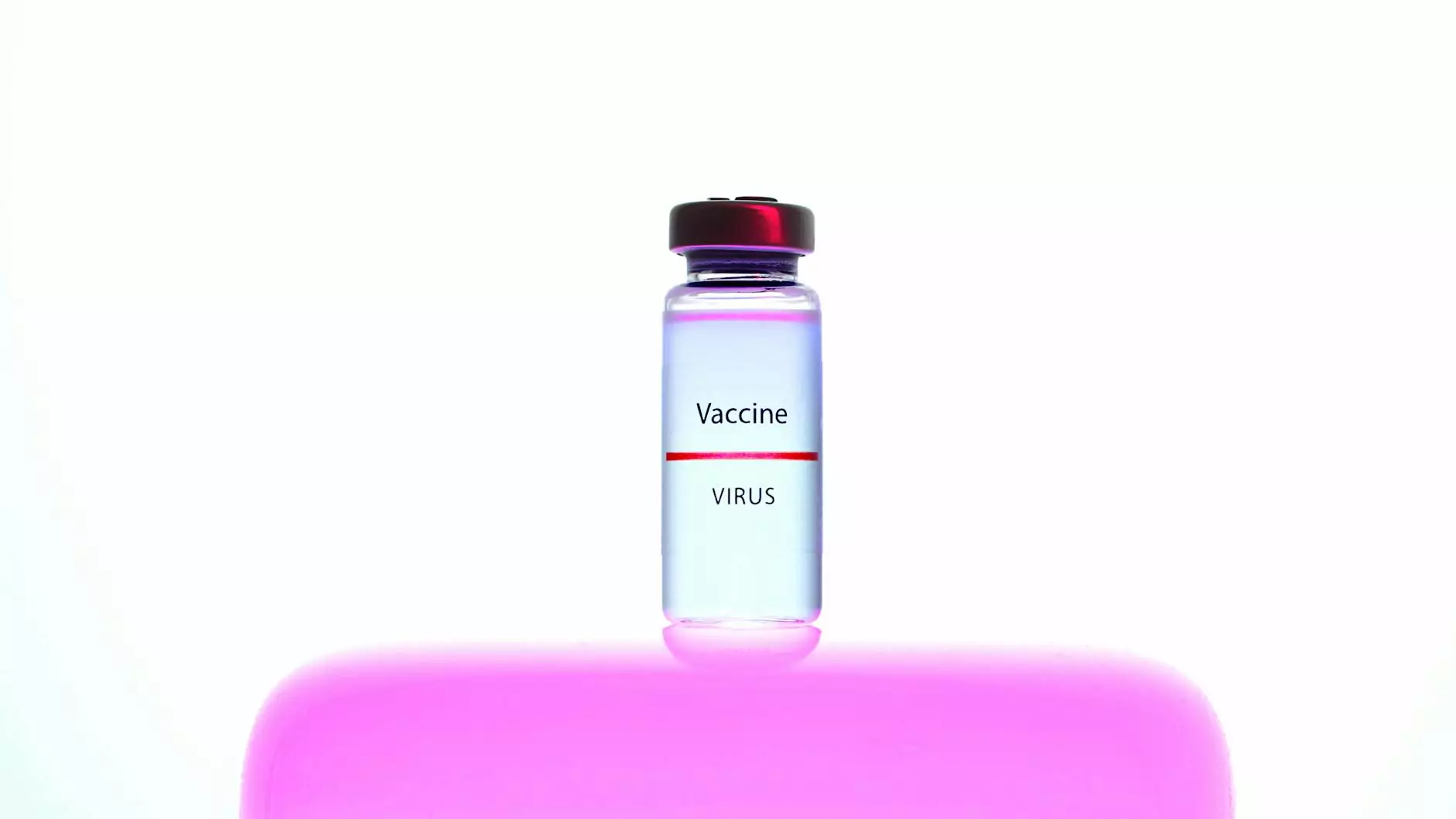Helium Compressors: Revolutionizing Health and Medical Diagnostics

In the fast-paced world of healthcare, where precision and efficiency are vital, helium compressors have emerged as an essential technology that supports various diagnostic services and medical centers. This article delves deep into the workings of helium compressors, their applications in the health and medical sectors, and why they are indispensable in delivering top-notch medical diagnostics.
Understanding Helium Compressors
At its core, a helium compressor serves the primary purpose of compressing helium gas, which has a myriad of applications across industries, particularly in medical technologies. These specialized compressors can manage the properties of helium effectively, ensuring that it is delivered in a form sufficient for various diagnostic tools and medical applications.
What is Helium and Why is it Important?
Helium is a noble gas that is inert and exhibits unique properties. Its low density and non-reactive nature make it ideal for cooling MRI machines, where maintaining low temperatures is crucial for optimal performance.
- Non-Toxicity: Helium is safe for use in medical environments.
- Excellent Heat Transfer: Helium has superior thermal conductivity, making it ideal for cooling.
- Low Boiling Point: The low boiling point of helium allows it to maintain liquid form at low temperatures.
Applications of Helium Compressors in Healthcare
The adoption of helium compressors in healthcare institutions is vital for a range of applications. Here are some key areas where helium compressors make a significant impact:
1. Magnetic Resonance Imaging (MRI)
MRI Technology is a cornerstone of modern medical imaging. The superconducting magnets used in MRI machines require a constant supply of liquid helium to maintain their operational temperature. Here’s how helium compressors contribute:
- Cooling Superconducting Magnets: Helium compressors keep the magnets at critical temperatures, which is essential for high-resolution imaging.
- Energy Efficiency: Advanced helium compressors improve energy efficiency, lowering operational costs for medical facilities.
- Extended Equipment Life: By providing stable cooling, helium compressors help prolong the life of expensive MRI equipment.
2. Cryogenics in Medicine
Cryogenic technologies are crucial in various treatments, including the preservation of biological samples and organs. Helium compressors play an indispensable role in this field:
- Tissue Preservation: Helium is used to maintain ultra-low temperatures for long-term storage of biological tissues.
- Quick Recovery Times: Efficient helium compressors enable rapid transitions from cryogenic to room temperature, facilitating quicker processing times for medical samples.
- Research Applications: In laboratories, helium is vital for cryopreservation techniques that support medical research and development.
3. Laser Applications in Medical Procedures
In advanced medical procedures such as surgeries and dermatological treatments, lasers have become increasingly popular. Helium compressors support laser technology by:
- Regulating Temperatures: Maintaining optimal temperatures for laser equipment ensures consistent performance during surgeries.
- Enhancing Safety: Proper cooling through helium compressors reduces the risk of overheating, enhancing patient safety.
- Improving Precision: Precise temperature control allows for more accurate laser applications, leading to better patient outcomes.
Benefits of Using Helium Compressors in Medical Centers
The integration of helium compressors into medical centers brings about numerous benefits, significantly impacting operational efficiency and patient care. Below are some critical advantages:
1. Enhanced Diagnostic Accuracy
The precision of diagnostic tools is paramount in patient care. Helium compressors ensure that medical imaging equipment operates at peak efficiency, leading to enhanced diagnostic accuracy:
- High-Quality Imaging: With stable cooling, MRI machines can produce clearer images, enabling better diagnosis.
- Less Artifact Interference: Properly cooled equipment minimizes artifacts during imaging, resulting in more reliable results.
2. Improved Patient Safety
Safety in healthcare is non-negotiable. Helium compressors facilitate safer working conditions for both patients and healthcare professionals:
- Reduction of Equipment Failures: Proper temperature regulation prevents equipment malfunctions, which can be hazardous.
- Emergency Procedures: Quick response capabilities in emergencies are amplified when equipment is functioning efficiently.
3. Cost-Effectiveness
Investing in helium compressors translates into long-term savings for medical institutions:
- Lower Operational Costs: Increased energy efficiency leads to reduced energy expenses.
- Equipment Longevity: Protecting expensive medical equipment results in fewer replacements and repairs.
Choosing the Right Helium Compressors for Your Facility
When selecting helium compressors for your medical center or diagnostic facility, consider the following factors to ensure you make the best choice:
1. Capacity and Performance
Selecting a helium compressor with adequate capacity is crucial. Assess the requirements of your equipment and determine the compressor's output levels:
- Defined Protocols: Understand the specific protocols of your medical imaging technology.
- Manufacturer Recommendations: Follow recommendations for optimal performance to ensure compatibility and efficiency.
2. Efficiency Ratings
Look for compressors that offer excellent energy efficiency ratings. Energy-efficient models can significantly reduce operational costs and environmental impact:
- Lifecycle Costs: Assess the total lifecycle costs, including maintenance and energy consumption.
- Environmental Considerations: Opt for compressors that comply with eco-friendly standards.
3. Maintenance and Support
Reliable after-sales support and maintenance are crucial when investing in helium compressors:
- Manufacturer Support: Choose a manufacturer that offers comprehensive support and service agreements.
- Regular Maintenance: Schedule regular maintenance to prevent any interruptions in operational efficiency.
Future Innovations in Helium Compressor Technology
The landscape of helium compressors in healthcare is ever-evolving. As technology advances, we can expect notable innovations that will enhance their effectiveness:
1. Smart Technology Integration
In the near future, we may witness the integration of smart technologies that enhance real-time monitoring and operation of helium compressors:
- IoT Capabilities: Internet of Things (IoT) integration can allow for remote diagnostics and troubleshooting.
- Data Analytics: Advanced analytics can help predict maintenance needs and improve efficiency further.
2. Alternative Helium Sources
With the concern over helium supply depletion, research is ongoing into identifying alternative sources and sustainable practices:
- Recycling Helium: Developing systems for recycling helium in medical applications could alleviate supply concerns.
- Utilizing Renewable Resources: Innovations that leverage renewable resources for helium production are being explored.
Conclusion
In conclusion, helium compressors are a critical aspect of health and medical diagnostics, facilitating advancements in imaging technology, cryogenics, and laser applications. As healthcare continues to evolve, the importance of these compressors cannot be overstated. Investing in reliable, efficient helium compressors is an investment in the future of healthcare facilities, allowing for improved accuracy, patient safety, and overall operational effectiveness.
For more information on high-quality helium compressors and their potential benefits for your medical center, visit echomagnetservices.com today!









